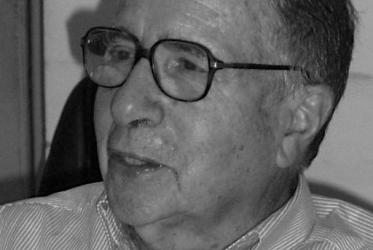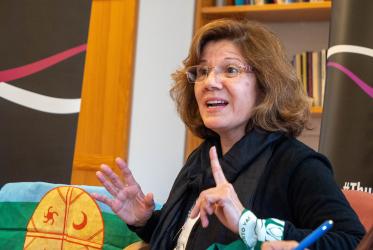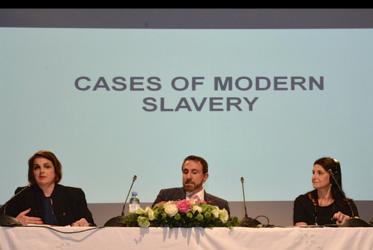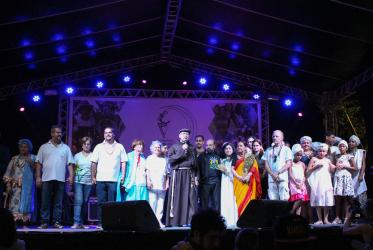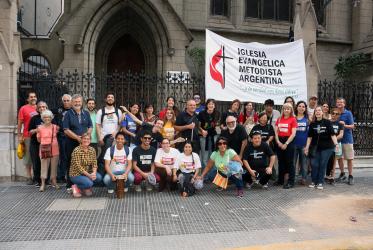Displaying 1 - 19 of 19
“Women must keep resisting,” urges Chilean theologian
10 March 2020
#WCC70: A story of life
07 June 2018
Forum on modern slavery convenes in Argentina
17 May 2018
In Argentina, stirring journey for human rights continues
01 September 2017
WCC general secretary addresses global Pentecostal gathering
09 September 2016
Churches help keep memories alive for Argentinian people
07 April 2016
WCC pays tribute to Emilio Castro
08 April 2013



